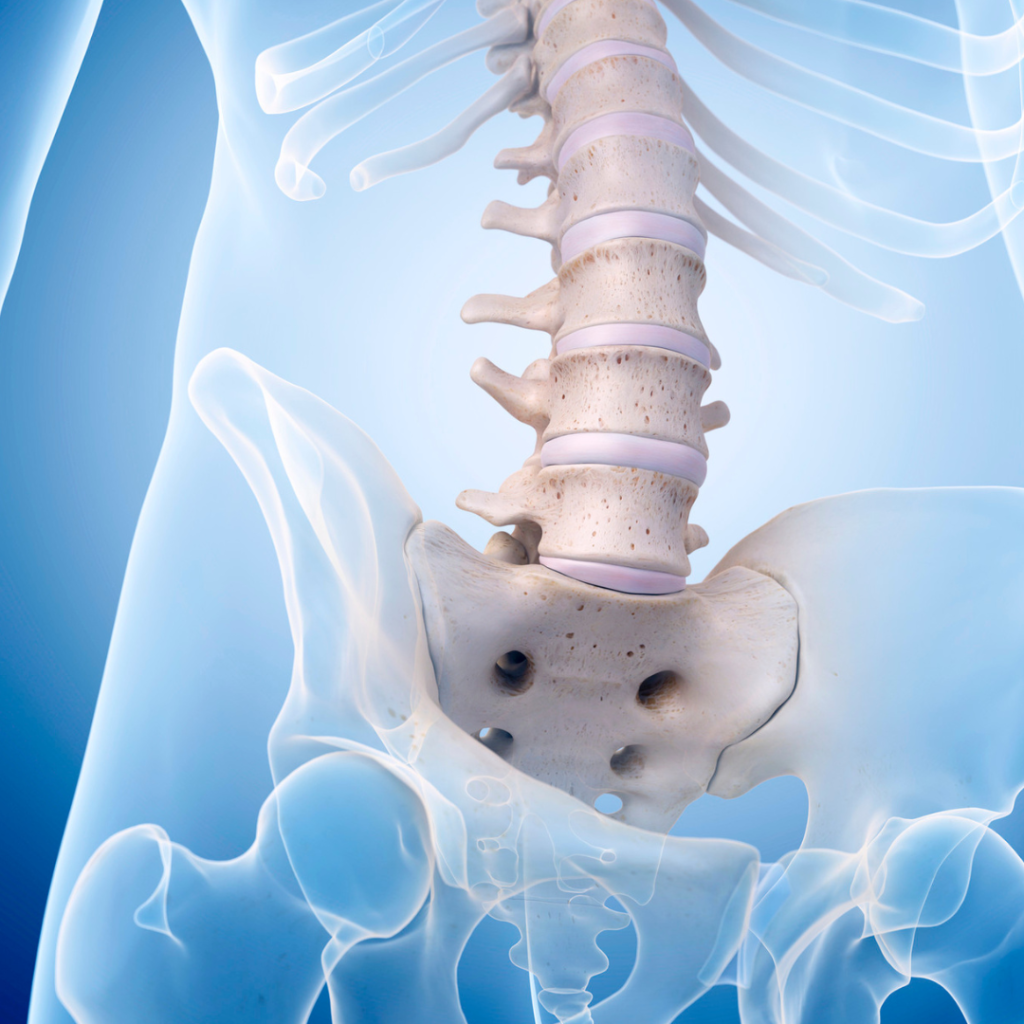Thoracic spine disease
Thoracic spine disease refers to various medical conditions that affect the thoracic spine, which is the middle portion of the spine located between the cervical spine (neck) and the lumbar spine (lower back). The thoracic spine consists of twelve vertebrae (T1-T12) and plays a crucial role in providing stability and protecting the vital organs in the chest.
Here are some common thoracic spine diseases:
Thoracic Disc Herniation:
Thoracic disc herniation occurs when the intervertebral discs in the thoracic spine bulge or rupture, leading to compression of nearby nerves. Thoracic disc herniations are less common than those in the cervical or lumbar spine. Symptoms may include localized back pain, radiating pain around the chest or abdomen, and potential neurological symptoms.
Thoracic Spinal Stenosis:
Thoracic spinal stenosis refers to the narrowing of the spinal canal in the thoracic spine, which can result in compression of the spinal cord or nerve roots. It is often caused by degenerative changes in the spine, such as arthritis or the formation of bone spurs. Symptoms may include back pain, numbness or weakness in the legs, and difficulties with balance or coordination.
Thoracic Spondylosis:
Thoracic spondylosis is the degeneration of the thoracic spine, including the discs, vertebrae, and facet joints. It is typically associated with aging and can result in symptoms such as localized back pain, stiffness, and limited mobility.
Thoracic Compression Fractures:
Thoracic compression fractures occur when one or more vertebrae in the thoracic spine collapse or become compressed. These fractures are often caused by osteoporosis or trauma to the spine. Symptoms may include sudden onset of severe back pain, decreased height, and a stooped posture.
Thoracic Kyphosis:
Thoracic kyphosis refers to an excessive curvature of the thoracic spine, leading to a rounded or hunched back appearance. It can be caused by various factors, including poor posture, degenerative changes, or structural abnormalities. Severe cases may cause back pain, stiffness, and difficulties with breathing or movement.
Treatment options for thoracic spine diseases depend on the specific condition, severity of symptoms, and individual factors. Conservative treatments may include pain management, physical therapy, bracing, and lifestyle modifications. In some cases, surgical interventions such as spinal fusion, vertebral augmentation (e.g., kyphoplasty), or decompression may be considered.
If you are experiencing symptoms or have concerns related to thoracic spine disease, it is recommended to consult with a spine specialist or orthopedic surgeon. They will evaluate your specific condition, conduct diagnostic tests if needed, and recommend an appropriate treatment plan tailored to your needs.

My visit to AL Bone and Joint Clinic was s pleasant visit , wait time was minimal the staff were friendly and knowledgeable. The Dr explained my injury so I could understand . They made me feel comfortable and taken care of.
CEO
I have been seeing Dr. Johnson at Alabama Bone & Joint for a few years now. He has always been professional, knowledgeable and very understanding. He takes time to answer questions and provide as much information as possible to ensure I understand what is going on and what the next steps should be. The staff is always kind and amazing. His nurse Heather is my favorite, she always has a smile and is very caring. I highly recommend.
CEO
Very pleasant experience. Very helpful, provided all answers to questions and information that was needed
CEO
Previous
Next
There are several types of thoracic surgeries that are performed to address various conditions affecting the thoracic region of the spine. Here are a few common thoracic spine surgeries:
Thoracic Discectomy:
This surgery involves removing a herniated or degenerated disc in the thoracic spine. It helps to alleviate symptoms such as pain, numbness, or weakness caused by the compressed spinal nerves.
Thoracic Fusion:
Thoracic fusion is a procedure that involves stabilizing the vertebrae in the thoracic spine by fusing them together. It is typically performed to treat conditions like spinal deformities (e.g., scoliosis or kyphosis), fractures, or spinal tumors.
Thoracotomy:
A thoracotomy is a surgical incision made in the chest wall to gain access to the organs and structures within the thoracic cavity. It may be performed for various reasons, including lung surgery, removal of tumors or cysts, treatment of thoracic spine tumors, or correction of chest wall deformities.
These are just a few examples of thoracic spine surgeries, and the specific procedure recommended will depend on the individual’s condition and needs. It’s important to consult with a qualified healthcare professional who can provide a comprehensive evaluation and recommend the most appropriate surgical approach for your specific situation. At Alabama Bone and Joint Clinic our spine specialist will guide you through your treatment options. Call today to schedule an appointment with our expert in spine care, Winston Capel, M.D. is board certified in neurosurgery and fellowship trained in spinal surgery.

My visit to AL Bone and Joint Clinic was s pleasant visit , wait time was minimal the staff were friendly and knowledgeable. The Dr explained my injury so I could understand . They made me feel comfortable and taken care of.
CEO
I have been seeing Dr. Johnson at Alabama Bone & Joint for a few years now. He has always been professional, knowledgeable and very understanding. He takes time to answer questions and provide as much information as possible to ensure I understand what is going on and what the next steps should be. The staff is always kind and amazing. His nurse Heather is my favorite, she always has a smile and is very caring. I highly recommend.
CEO
Very pleasant experience. Very helpful, provided all answers to questions and information that was needed
CEO
Previous
Next

